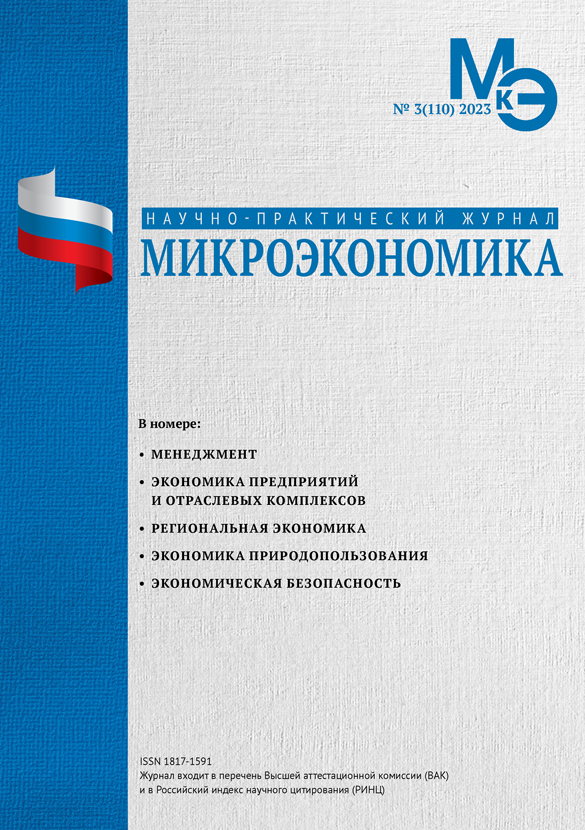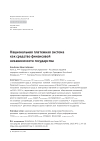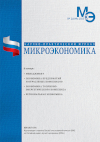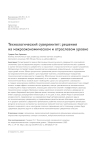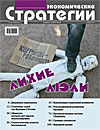National payment system as a means of financial independence of the state
DOI: 10.33917/mic-3.110.2023.24-28
A modern model of money turnover associated with the use of electronic payments and payment systems of various levels is considered. The analysis of the statistical data of the Central Bank of Russia is carried out, the indicators of the popularity of electronic payment means in the Russian Federation for 2010-2022 are compared, the historical aspect of the development of public relations related to money circulation, in which cash prevailed, is touched upon. The prerequisites for the transition of the economy to non-cash means of payment and the role of electronic money in the modern life of people are revealed. The definition of the payment system, its main components, as well as the types of payment systems depending on the level of coverage are revealed, the relationship and interdependence of the development of the national payment system and the security of the country’s money circulation and the financial independence of the state are analyzed.
References:
1. Kunitsyna N.N. The role of electronic money in the formation and development of the national payment system of Russia: monograph / N.N. Kunitsyna, E.I. Dyudikova. Stavropol: North Caucasus Federal University, 2017. 192 p. ISBN 978-5-9296-0909-1. Text: electronic // Digital educational resource IPR SMART: [website]. URL: https://www.iprbookshop.ru/75592.html
2. National Payment System. URL: https://www.cbr.ru/PSystem /
3. Transactions made using payment cards in 2010. URL: http://www.cbr.ru/Collection/Collection/File/19966/T15_2010.xls
4. Transactions made using payment cards for 2022. URL: http://www.cbr.ru/Content/Document/File/105970/T15.xlsx
5. Antimonopoly policy in related markets: theory and practice: monograph / edited by S.B. Avdasheva, A.E. Shastitko. Moscow: RANEPA Case, 2018. ISBN 978-5-7749-1321-3. Text: electronic // Lan: electronic library system. URL: https://e.lanbook.com/book/143395
6. Visa and Mastercard suspended work in Russia: what it means. URL: https://www.forbes.ru/finansy/458195-visa-i-mastercard-priostanovili-rabotu-v-rossii-cto-eto-znacit
7. Results of the year: how Russia responded to the demarche of Visa and Mastercard. URL: https://ria.ru/20221219/ekonomika-1839651982.html
8. Pertseva S.Yu. Digital technologies in international finance: a textbook. Moscow: MGIMO, 2021. 257 p. ISBN 978-5-9228-2491-0. Text: electronic // Lan: electronic library system. URL: https://e.lanbook.com/book/294446
9. Kuznetsov V.V. The concept of development of a competitive national payment system: monograph. Moscow: Dashkov and K, 2021. 170 p. ISBN 978-5-394-04828-9. Text: electronic // Digital educational resource IPR SMART: [website]. URL: https://www.iprbookshop.ru/120718.html
10. Realities and prospects of digital transformation of the economy: monograph / V.D. Milovidov, V.A. Onuchak, S.Yu. Pertseva [et al.]; edited by O. B. Pichkov. Moscow: MGIMO, 2020. 209 p. ISBN 978-5-9228-2194-0. Text: electronic // Lan: electronic library system. URL: https://e.lanbook.com/book/294704


